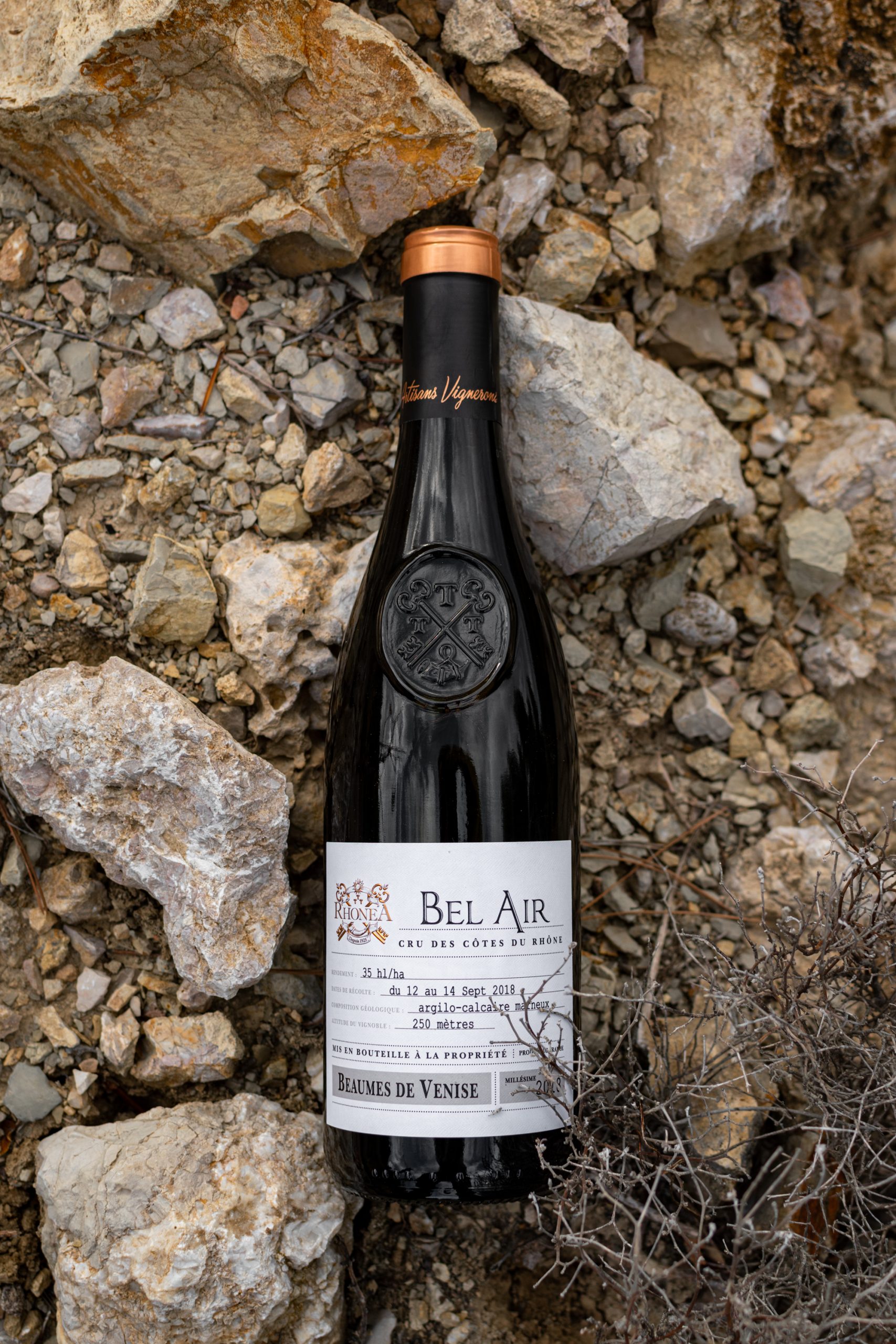This website uses cookies so that we can provide you with the best user experience possible. Cookie information is stored in your browser and performs functions such as recognising you when you return to our website and helping our team to understand which sections of the website you find most interesting and useful.
Rhonéa brings French cooperatives back into fashion
Uniting 400 winegrowing families across four distinct appellations, Rhonéa is shifting the perspective on French cooperatives in the Rhone Valley by bringing premium brands and quality wines to market.

With 2,900 ha of vines in the southern Rhone Valley, among which 2,100 are in Crus and Côtes du Rhône Villages, Rhonéa is a major player in the area.
The winery’s 400 winegrowers span four appellations: Beaumes-de-Venise, Rasteau, Vacqueyras and Visan, and encompass the foothills of the Mont Ventoux to the most northern part of the Vaucluse department, nearing the Drôme Provençale.
Embracing the positives that a cooperative winery can offer, Rhonéa is working to shift the narrative which plagues companies like itself.
“In the past, and until the end of the 80s, wine cooperatives were seen as producing only big volumes of poor quality wines,” says Valérie Vincent, head of marketing and communication at Rhonéa.
A decade later and this narrative began to shift, along with the market. An explosion in demand and a shift towards less but better drinking led cooperatives to increase their premium output and find better ways of working.
But for cooperative wineries like Rhonéa, progress towards a more positive image can be slow.
“Inertia is certainly one of the main reasons that explain this long lasting image,” says Vincent. “Cooperatives can’t change as quickly as other operators because when you start something new in the vineyards, you have to wait before the change is effective.

“People usually say that it takes almost 10 years to fully transform a winery, both in the vines and in the cellars. When you consider the amount of winegrowers and hectares we have, it takes even longer to change everything.”
Rhonéa is working hard to change the cooperative image. “We try to show the work of our winegrowers, who are all small farmers of around 10ha, and explain that buying a wine from a cooperative is something that makes sense and corresponds to what consumers are searching for,” she says.
Rhonéa takes a two-pronged approach to premiumisation, both in the vineyards and in its sales efforts. The winery is committed to the development of connected tools to help winegrowers in their day-to-day jobs, with weather stations, water measuring materials and accompanying measures to convert to sustainable practices.
The winery also engages in organic farming, “working not against nature, but with it”, Vincent says. “When you respect the rhythm of nature and plants, nature always gives it back to you,” she says, noting that the implementation of biodynamic practices by some winegrowers has improved resistance to climate change in the vines.
Made up of many small producers, Rhonéa is still run like one “big estate”, with precise tools to manage its 2,900 hectares.
“We know our parcels and the maturity of our grapes depending on where they are located. This helps up in selecting the right grapes at the right time for the cuvée we want,” Vincent adds.
Beyond social media campaigns and events, Rhonéa allows the quality of its wines to highlight a cooperative’s potential. Parcel selection cuvées, made from small yields and with limited bottlings, highlight the cooperative’s ability to be as precise and as professional as a single estate in the knowledge of its vineyards.

“It is the exact opposite of the idea that cooperative wineries are putting all grapes in the same vat to produce huge quantities of wines,” Vincent says.
She points to Rhonéa’s production of Vintage Muscat de Beaumes de Venise as the perfect example of this: “Our Vintage Muscat shows our savoir-faire in winemaking: Muscat Petit Grain is a very fragile grape varieties, and the vinification and ageing of Muscat requires great ability.”
Rhonéa has been united since 2015 with the slogan ‘highlighting terroirs and uniting talented people’. As Vincent puts it: “This is a very good summary of what a cooperative winery does: being an expert from the vine to the table.”

